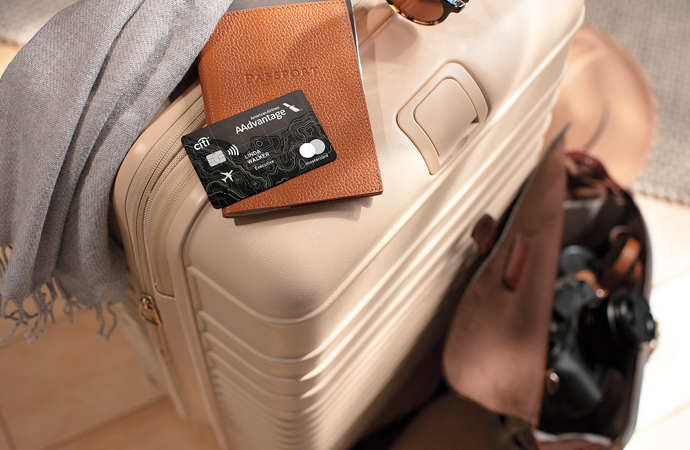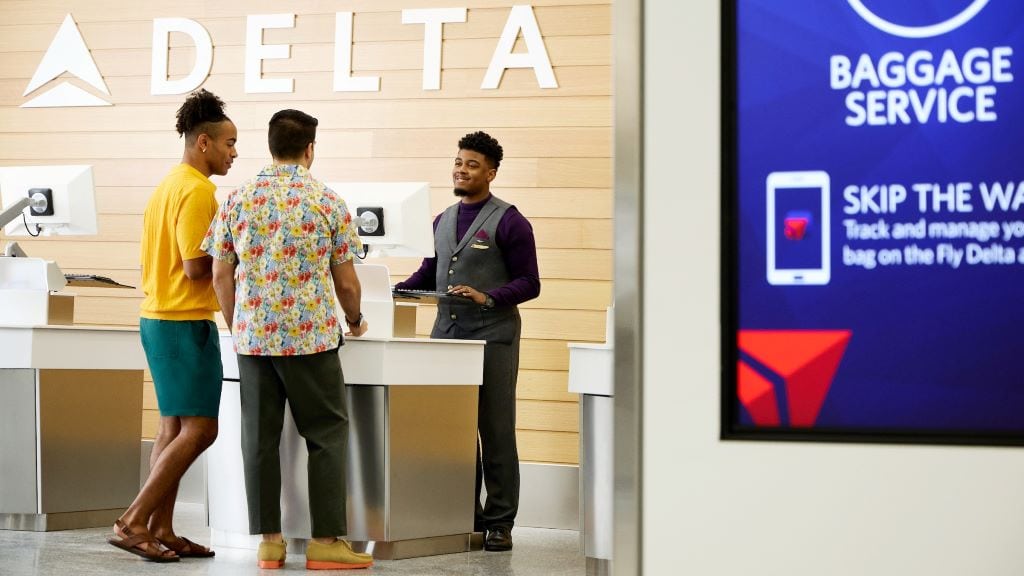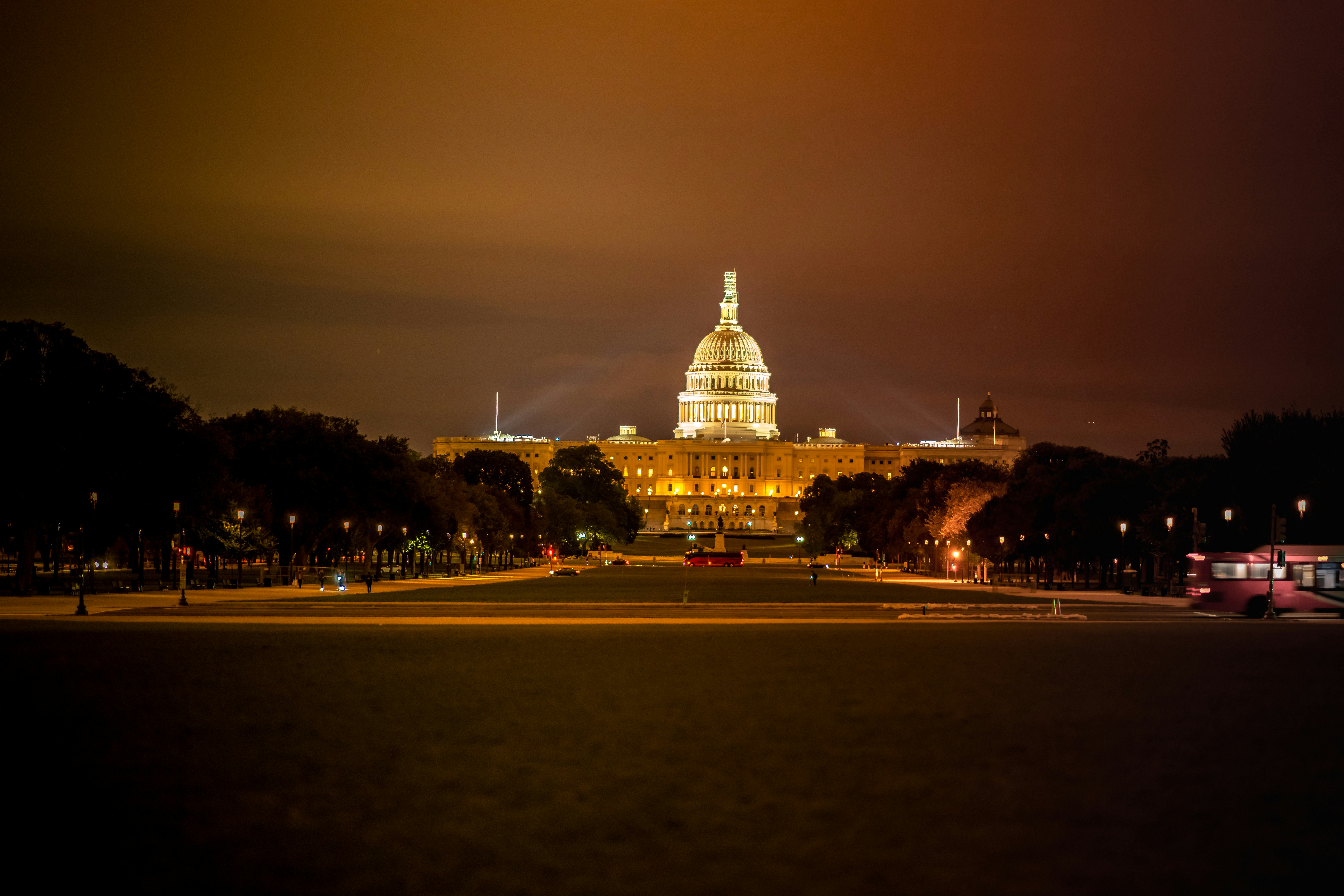Airlines Face DOT Investigation into Loyalty Program Practices
Increased scrutiny or airline practices could have industry-wide ramifications for frequent flyer programs going forward
by Samir Kadri
January 5, 2024

American Airlines AAdvantage / Photo: Courtesy of American Airlines
The U.S. Department of Transportation (DOT) is investigating frequent flyer programs (FFP) to evaluate whether airlines practice deceptive or unfair tactics as regulators increase their scrutiny of the aviation industry.
As per Reuters, the department has been questioning various airlines regarding different aspects of popular loyalty programs, such as transparency when booking tickets, the transferability of miles, and short notice periods before making flight changes.
This investigation came after two U.S. senators raised concerns about “troubling reports” regarding FFPs. They consulted with the Consumer Financial Protection Bureau before approaching the DOT.

United Airlines App / Photo: Courtesy of United Airlines
Senators Dick Durbin, D-Ill., and Roger Marshall, R-Kan., called on the DOT to “protect consumers against unfair and deceptive practices in airlines’ frequent flyer and loyalty programs.”
The FFP promote customer loyalty by incentivizing them with frequent flyer points, which they can redeem with the airline for travel miles or other rewards.
Durbin and Marshall challenged the legitimacy of these programs in their letter: “While these programs may have originated to incentivize and reward true ‘frequent flyers,’ they have evolved to include co-branded credit cards and now often significantly or exclusively focus on dollars spent using these co-branded credit cards. Airlines are engaged in unfair, abusive, and deceptive practices with respect to these loyalty programs.”
The DOT has taken heed of their warnings, with inquiries into the acceptability of airline practices ongoing. In a statement, a DOT spokesman said: “We plan to carefully review complaints regarding loyalty programs and exercise our authority to investigate airlines for unfair and deceptive practices that hurt travelers as warranted.”
These investigations spell danger for airlines, as FFP are at the heart of their business models.
Delta Air Lines, for example, claimed it had over 100 million frequent flyer members in 2020 – and that figure has only grown since, with 8.5 million new members signing up last year alone.

Photo: Courtesy of Delta Air Lines
However, some of the accusations made by Durbin and Marshall appear to be highly unfair to consumers and make grim reading.
“Airlines allow consumers to directly purchase points from the airlines’ websites,” they stated in their letter. “But the cost of directly purchasing points can sometimes be three times the value of the points at redemption.”
The two senators proposed that the legislature intended to enhance competition by having the Federal Reserve guarantee that major banks issuing credit cards offer customers at least two networks for processing credit transactions.
Consumer fees amount to around 2% of a credit transaction, and in co-branded credit cards, airlines are paid each time a card is used, with Delta predicted to earn roughly $7 billion from its program with American Express in 2023.
Senator Durbin claims the proposed bill would address the “outrageous” fees charged by credit card companies.
However, senior executives of Delta and United have rallied against this legislation, arguing that they would severely damage the loyalty programs so popular with their customers.




